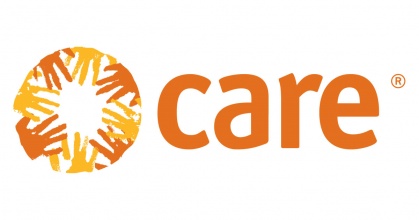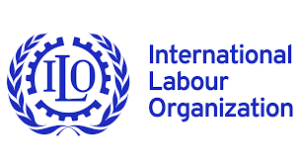Program Design and inception
We can produce a lasting impact for our clients by investing time and effort on the front end of initiatives. Our program design strategy is evidence-based and takes into account local contextual factors, leveraging our team’s technical experience. We include sustainability techniques into all of our activities, emphasizing on local ownership, in order to achieve our purpose of promoting meaningful and long-term change.
We offer a variety of research and analysis services; including business process analysis, needs assessment, baseline study, and stakeholder analysis; to our clients, allowing them to build on their strengths. We offer real support to our clients during program design and implementation, assisting in the clarification of intended results, reinforcing a shared vision among project partners, and offering a roadmap for implementation.
Program Design and Logic
We integrate outcome models in all of our design and program logic work to identify significant inputs, actions, outputs, and outcomes across a long period of time. What a project will do and how it will do it is defined by its program logic. In other words, it is a representation of a project’s change theory. Backward mapping is required while developing program logic in design. That is, we begin with the desired goals and work backwards to determine the necessary preconditions for achieving those outcomes. Finally, we map down to consider intervention techniques or theories of action. When establishing program logic and design models, using participatory methodologies typically aids stakeholders in reaching consensus on practical ways to achieve desired results.
Business Process Analysis
Organizations are confronted with a plethora of issues as a result of the changing environment. We use a process to define initiatives and projects that will aid in the transformation process in order to support this changing environment.
Incorporating business analysis and business process improvement services, facilitation and decision support services, and specifying what has to be constructed or developed before it is implemented are among our functional competences.
Needs Assessment
Once launching a humanitarian or development programme, one of the initial things to do is conduct a needs assessment. A needs assessment assists you identify what needs to be accomplished to reach your project goals. The results of this assessment then inform a project’s overall plan and approaches by helping you identify targeted strategies first and prioritize resources next. Our team conducts need assessments that help our clients make crucial programmatic decisions by following an analytical, impartial, and data-driven approach. Needs assessments serve as incredibly powerful tools for decision making, resource allocation, and ultimately reaching programmatic goals.
Baseline Study
A baseline survey is a study that is done at the beginning of a project to collect information on the status of a subject before any type of intervention can affect it. Baseline studies also help us determine the priority areas of projects with multiple objectives. Capturing the right information before your intervention begins can show you which aspects of your target population best align to which objectives. In fact, baseline surveys are sometimes required by funding organizations or partners in order to ensure the optimal use of their resources.
Stakeholder Analysis
All aspects of our work require effective stakeholder interaction and collaboration. We help our clients identify key stakeholder groups and develop appropriate engagement and consultation tactics to use throughout the project’s life cycle. To achieve meaningful outcomes, our team draws on a broad network of local contacts as well as considerable expertise hosting high-level consultations, key informant interviews (KII), focus group discussions, validation workshops, and meetings across the region.
Our Clients
We have been proudly working with UN agencies, INGOs, local NGOs, public and private entities.








